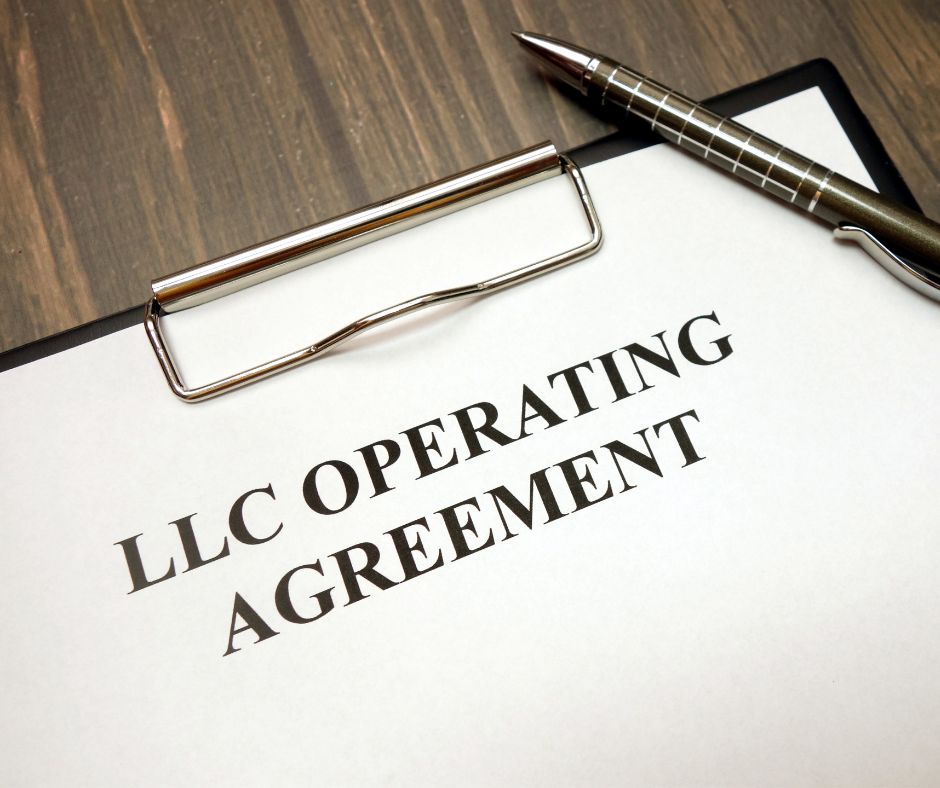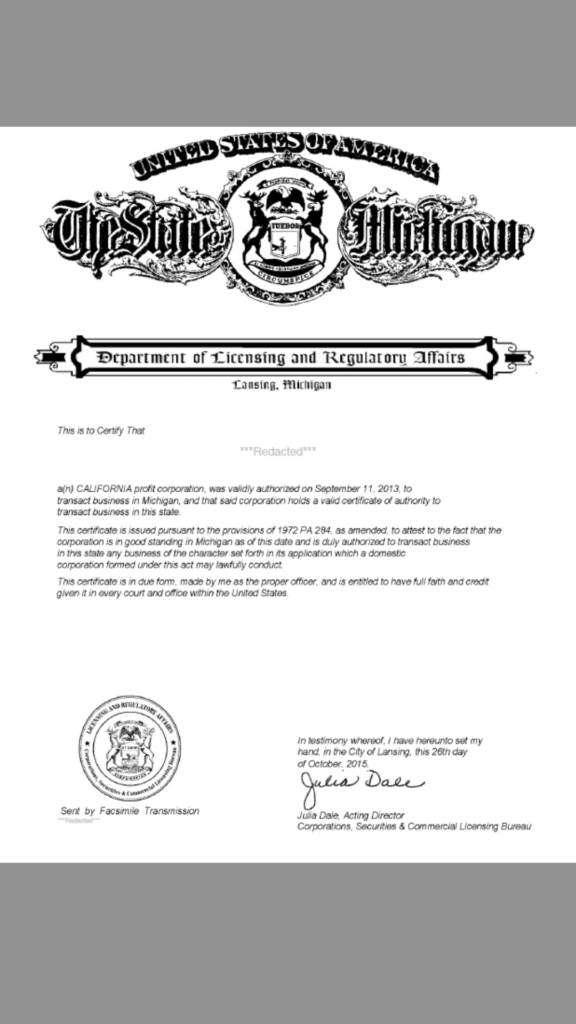The Process of Getting a Louisiana Certificate of Good Standing Explained
Secure your Louisiana Certificate of Good Standing now! Click here to get started and ensure your business stays compliant and credible. Don’t wait, act today!
Proof of Legal Compliance: It demonstrates that your business is compliant with all state regulations, including taxes and annual filings.
Credibility with Clients and Partners: Having a Certificate of Good Standing can enhance your business’s reputation, making it easier to attract clients and partners who want to work with a legitimate and trustworthy company.
Facilitates Financial Transactions: Banks and financial institutions often require a Certificate of Good Standing to open business accounts, secure loans, or extend lines of credit.
Essential for Expansion: If you’re looking to expand your business into other states, you’ll likely need a Certificate of Good Standing from your home state to register as a foreign entity.
Required for Bidding on Contracts: Many government agencies and large corporations require a Certificate of Good Standing when submitting bids for contracts.
Aids in Legal Proceedings: If your business is involved in legal proceedings, a Certificate of Good Standing can serve as evidence that your company is in good standing with the state.
Necessary for Selling the Business: Potential buyers will want assurance that the business they are purchasing is in compliance with state laws, making a Certificate of Good Standing crucial during the sale process.
Helps in Renewal of Licenses and Permits: Some business licenses and permits require renewal, and a Louisiana Certificate of Good Standing can be a necessary document for the renewal process.
Supports Investor Confidence: Investors often look for a Certificate of Good Standing as part of their due diligence to ensure they are investing in a compliant and reputable business.
Verification for Insurance Purposes: Insurance companies may require a Certificate of Good Standing before providing coverage or renewing policies for your business.

Why Your Business Needs a Louisiana Certificate of Good Standing | Step-by-Step Guide

Certificate of Good Standing: The Key to Securing Your Business Loan

Prepare Your Certificate of Good Standing When Opening a Business Bank Account

Verify Your Partner’s Status with a Certificate of Good Standing

Certificate of Good Standing: A Must-Have When Expanding to a New State





















